Committee, Council & SIG Updates
Malnutrition Action Group (MAG)
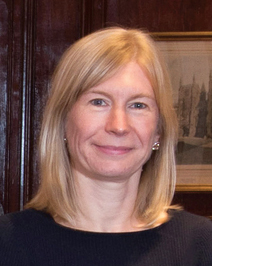
Rebecca Stratton, Chair, Malnutrition Action Group
‘MUST’
We wanted to take this opportunity to remind you that we have a ‘MUST’ online calculator on our BAPEN website (www.bapen.org.uk/screening-and-must/must-calculator). You can use this online calculator to screen patients, and as all the calculations are automated it makes it easier and there is less chance of errors! It is suitable for use on a mobile device too. There is a PDF function so you can download a PDF copy of the results and print/save to a patients’ records. We also have the self-screening version of the tool for patients and carers to use themselves: www.malnutritionselfscreening.org.
We will be providing more practical information on the website to help assist you with any of your clinical queries when using ‘MUST’ or training others to use it.
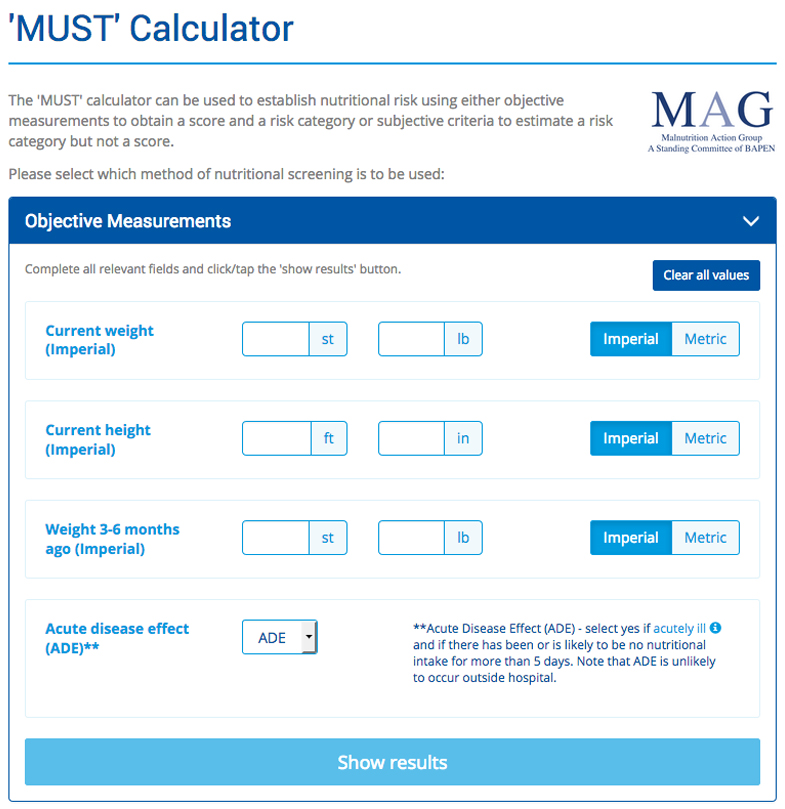
Nutritional Care Tool update
Thank you to everyone who is continuing to use the Nutritional Care Tool so we can build a picture of nutritional management across the UK. Thank you in particular to those who completed the tool during our last Data Collection Week (12th March 2018). In the coming weeks we will be showcasing how to use the NEW export function so you can review your own data.
Our next national Data Collection Week is 11th June 2018 so please take part. We also look forward to presenting all of the recent results at the upcoming BAPEN conference later this year.
We will also be getting in touch to understand what could be improved/changed to encourage you to use the tool, whether in care homes or hospitals. Feel free to get in touch with us about any great examples you have of where you have used the Nutritional Care Tool effectively.
Malnutrition research
The James Lind Malnutrition Priority Setting Partnership (PSP) has started and was kicked off by the first Steering Committee on the 9th April 2018, where the protocol and survey were discussed. The James Lind Alliance malnutrition survey will be circulated to patients, professionals and caregivers in June 2018. The survey aims to ask patients, professionals and caregivers about uncertainties in the identification and treatment of malnutrition in all settings including hospitals, community settings and care homes. For notification of up to date information on the project and survey please follow us on Twitter @malnutritionPSP.
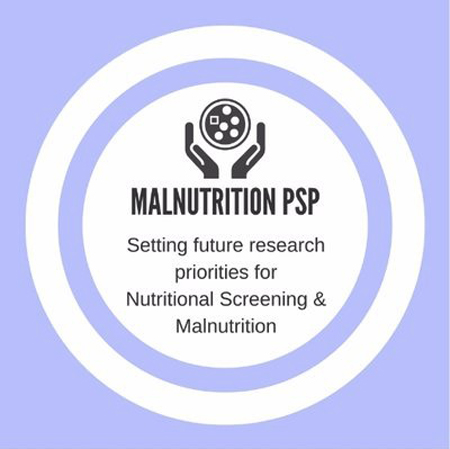
Nasogastric Tube Special Interest Group (NG SIG)
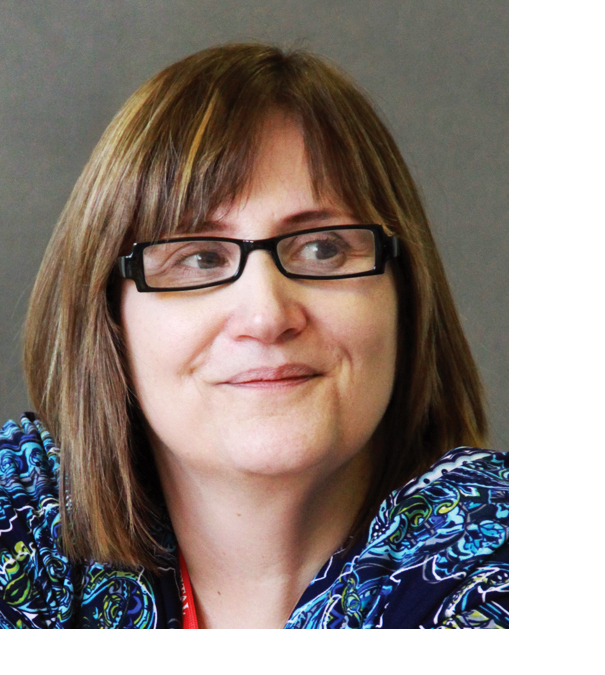
Mia Small, Chair NG SIG
Email: mia.small@nhs.net
Website: www.bapen.org.uk/about-bapen/committees-and-groups/bapen-special-interest-groups/ng-sig
The NG Special Interest Group was formed in late 2016 and is co-chaired by Dr Trevor Smith, Consultant Gastroenterologist, Southampton and Mia Small, Nurse Consultant, St Mark’s. The core committee comprises physicians, nurses and dietitians, and there is representation from adult and paediatric practice, acute and community, and also Scotland and Wales.
Work continues on three key workstreams:
- Clinical evidence group
- Thematic analysis of Never Events (UK)
- Novel technologies and equipment evaluation (utilising NICE Technologies Appraisal Guidance).
A symposium was held at the BAPEN Conference in November 2017, where the results of a national survey of NG practice were shared, along with analysis of currently available 0.5 increment CE marked indicators and the initial evaluation of a photometer to assess pH.
The survey looked at the number of Never Events trusts have had since 2009 – which pH indicators are used, what cut off value is used, and whether single or double checking was undertaking. There were 34 responses. 22(64%) had a Never Event in their Trust; 41% having had 1, 23% having had 2, 13% having had 3 and 23% having had 4. The most common root cause was misinterpreted X-ray (13), followed by pH (10), position not checked (8), misinterpreted Cortrak (2), auscultation (1) and unknown cause (2). The most commonly used pH indicator was Enteral UK 2-9 (10), followed by Merck 2-9 (8), Merck 0-6 (6), Entral (3), Johnson 0-6 (2), Johnson 2-9 (1). 71% of responders had been involved in the decision behind which indicator was used in their trust. The majority of responders (59%) used a cut of value of 5.5 or below, 32% using 5 or below and 6% using 4.5 or below. Most responders, 71%, use single checking on initial placement, but only 50% did subsequent checks.
The results of an in-depth analysis of CE marked 0.5 increment pH indicators was also presented, which has particular relevance given that the Merck products are no longer available. The evaluation specifically addressed inter rater reliability, the impact of time on the result and the ease of matching the colours of the individual indicators. The results showed significant differences in the performance of the indicators. In particular, the time taken to read the result can impact on the clinical decision. The accuracy of the indicators is also affected by which cut off value is used, and there was significant inter rater variation, supporting the need for a less subjective method of assessment. These results have led to collaboration with industry in order to improve the performance of the indicators.
Initial evaluation of the photometer machine to assess pH was promising showing a good correlation with the results obtained by a pH meter. Moving forward – There will also be a large scale in-vitro study evaluating independent vs double checking of pH indicators and further evaluation of newly developed CE marked pH indicators and alternative methods of assessing pH. These findings will be disseminated at a symposium at the BAPEN Conference in November 2018.
The Nutrition Society
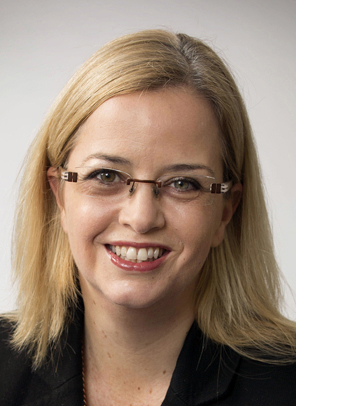
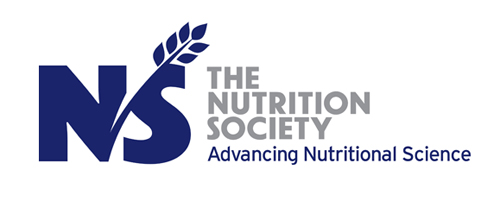
Dr Bernadette Moore, University of Leeds, The Nutrition Society Clinical/Medical Advisory Council member and Nutrition Society Summer Conference 2018 programme organiser
Email: office@nutritionsociety.org
Website: www.nutritionsociety.org
A key activity in the Nutrition Society’s calendar is the annual Summer Conference where health professionals, policy makers, nutritionists and researchers come together to network and hear emerging scientific research to influence and support practice.
On 10 – 12 July at University of Leeds, my colleague and co-programme organiser Dr Christine Bosch and I, on behalf of the Nutrition Society, will welcome attendees from the UK and further afield to the 2018 Summer Conference. This year’s conference is themed around ‘Getting energy balance right’. The theme is timely since the NHS digital and National Statistics report, Statistics on Obesity, Physical Activity and Diet was published last month. The report underscored that in 2016, 26% of adults were classified as obese with an estimated cost to the UK economy of £27 billion a year. This costly epidemic is considered as fundamentally a disorder of energy balance, but several decades of research has demonstrated that maintaining energy balance is much more complex than the ‘Calories in, Calories out’ equation that was once touted.
Therefore, the aim of the three-day conference programme is to provide an overview about influencing factors on energy balance and understanding varying needs across the lifespan. Speakers will present their perspectives supported by emerging research on a range of topics including: physiological mechanisms influencing the regulation of energy balance including the microbiome and epigenetics; explaining the role of dietary sugars and other dietary factors in energy metabolism and the development of obesity and metabolic disease; discuss the links between climate change and sustainability of food production to dietary recommendations for maintaining energy balance; plus provide knowledge to understand the roles of appetite, behaviour and compensation in the management of energy balance and appraise the public health and clinical implications for weight management.
On behalf of the Nutrition Society, Dr Bosch and I would like to welcome you to Yorkshire to attend the Summer Conference. Find out more and register for your place.
Within this issue, I also would like to inform BAPEN members about the awards the Nutrition Society offers to mark excellence in the field of nutrition. The next award the Society is offering is the Cuthbertson Award, as a tribute to Sir David Cuthbertson. It has been awarded to scientists or clinicians since 1990. To be recognised for excellence in clinical nutrition and/or metabolism research, providing an evidence base for clinical practice, please click here. The successful applicant will be invited to present their submission during the Winter Conference in London in December, be presented with their award and be invited to write a research paper to be published in Proceedings of the Nutrition Society (PNS). Further details are available online.
